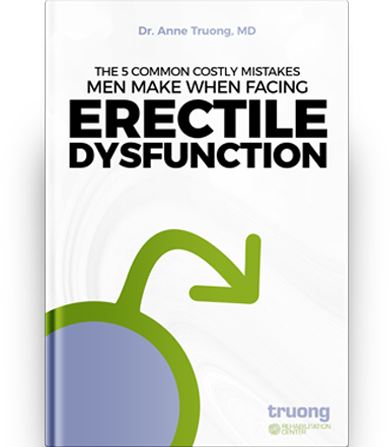Inflammation occurs when the immune system responds to defend the body from pathogens, toxins, and injuries. The process allows the body to heal. When an injury occurs, the cells release chemicals that stimulate the immune system. Unfortunately, the response continues, resulting in a constant hyperactive state for the immune system, which may lead to adverse effects on the tissues and organs, explains Healthline. Further, multiple factors, such as negative lifestyle choices, increase risk for inflammation. With that in mind, obesity increases risk and exacerbates existing inflammation, and diet plays a role in inflammation as well. To improve health and prevent long-term damage, people need to understand a few things about the relationship between obesity and inflammation.
Obesity Affects Hormone Production and Effect.
A delicate balance exists between hormones and a healthy body weight. When the weight is ideal, glands and tissues produce proper hormone levels. When the body becomes overweight or obese, the levels are insufficient to trigger an appropriate response. Moreover, the action may work in reverse, leaving cells unable to respond to hormonal changes. The inaction of cells is what sets the stage for inflammation. Remember inflammation is a response stimulated by chemicals from cells, such as hormones, reports News-Medical Life Sciences. Failure to respond to the release or absence of these hormones may lead to continued immune system response.
Hormones also serve multiple other functions, such as stimulating sexual activity, increasing cardiac output, and promoting the absorption of glucose (sugars) into cells. Without the proper levels, hormones cause more harm to cellular tissues, including depriving cells of nutrients—which is seen in diabetics.
Obesity Impacts Inflammation With Higher Strain on the Cardiovascular and Pulmonary Systems.
The cardiovascular system includes the heart, the blood vessels, capillaries, and the components of blood. When a person suffers from obesity, the cardiovascular system is put into hyperdrive, functioning at higher-than-usual levels to supply adequate nutrients to the body. Yet, the problem goes beyond the heart; it affects breathing by limiting the expansion of lungs and uptake of oxygen within the tiny sacs of the lungs (alveoli). The lungs and pulmonary artery and veins form the pulmonary system, and when it fails, compounding health problems ensue.
The Link Between Obesity and Inflammation Becomes a Bigger Problem.
A normal amount of adipose (fatty) tissue is enough for body function, and in such cases, adipose tissue stores extra energy for use later. When white adipose tissue becomes abundant, it loses its inert status. In other words, it becomes involved in regulating body functions, including immunity and inflammation, reports a study, published by the National Library of Medicine.
Long-Term Effects of Inflammation and Obesity Are Severe.
Both obesity and inflammation carry unique risk factors for other ailments, including organ failure, hypertension (high blood pressure), diabetes, cancer, and even premature death. While both conditions exert a toll on the body alone, they become a major problem when combined. In addition, they become reliant on one-another. Chronic inflammation may cause pain and lead to a sedentary lifestyle, eventually leading to obesity. Obesity may lead to chronic inflammation. The self-propagating cycle makes it feel impossible to achieve homeostasis (balance within the body) and overall health.
How People Can Reduce Risk and Make Healthier Choices.
Approaches to reducing inflammation range from increased intake of supplements, fruits, and vegetables to regular exercise. When any adverse event, such as an injury occurs, people must also obtain proper treatment and follow through to ensure inflammation retreats. Moreover, a few more steps to lower risk for inflammation and obesity include:
- Seeing a regular health provider.
- Lowering consumption of concentrated sugars (desserts).
- Considering alternative therapies to pain management and weight loss.
Of course, that is not a complete a list. Ultimately, the solution lies in continuously working to improve health, attain an ideal body weight, and treat chronic inflammation.
Source
www.healthline.com/health/chronic-inflammation
www.news-medical.net/health/Obesity-and-Hormones.aspx
www.truongrehab.com/the-truth-about-why-you-should-be-taking-nutritional-supplements.html










